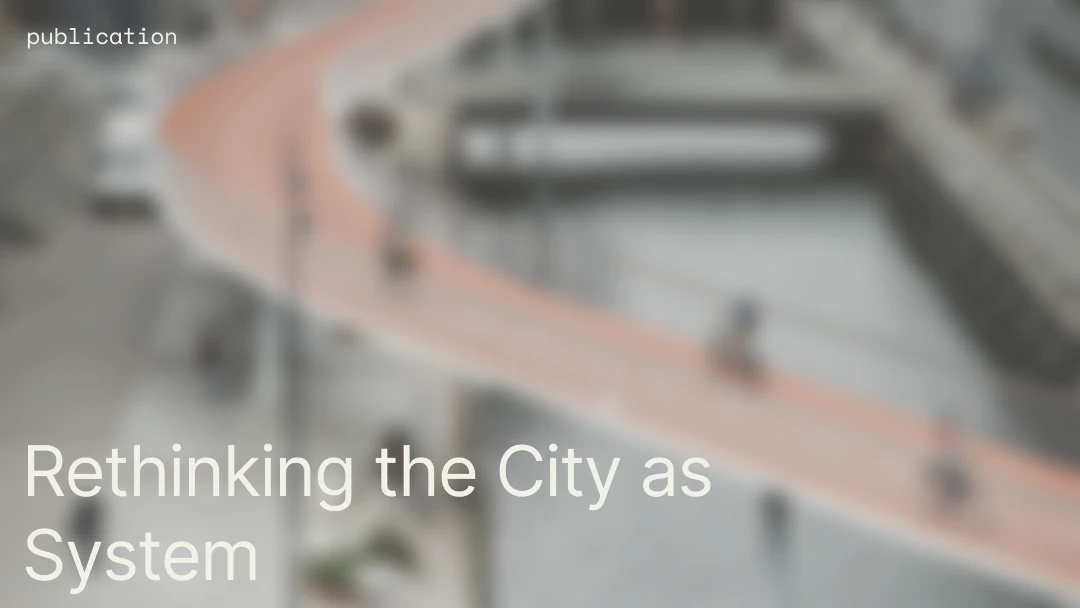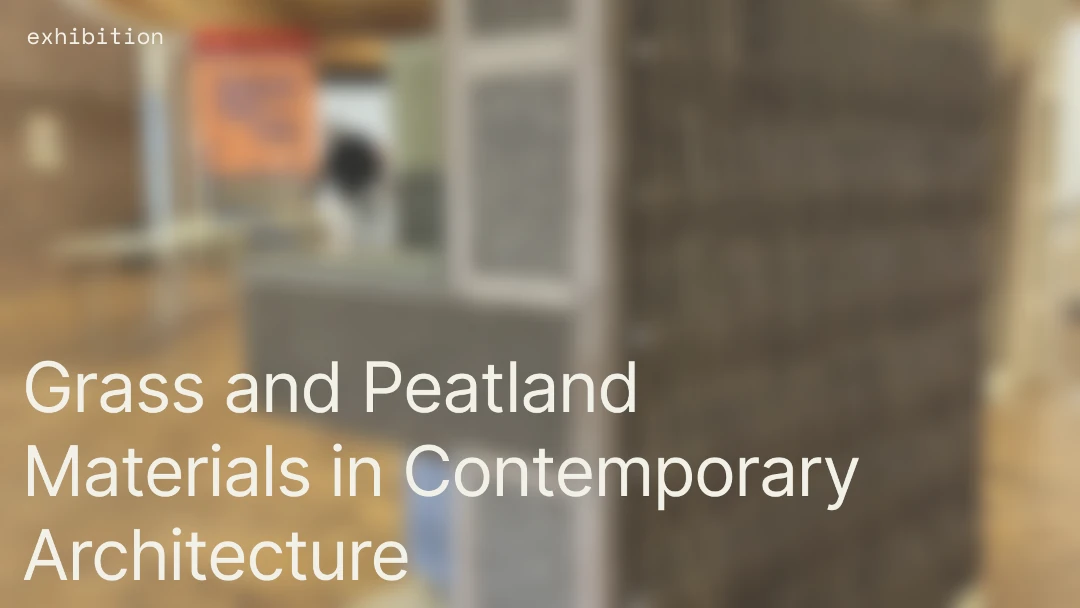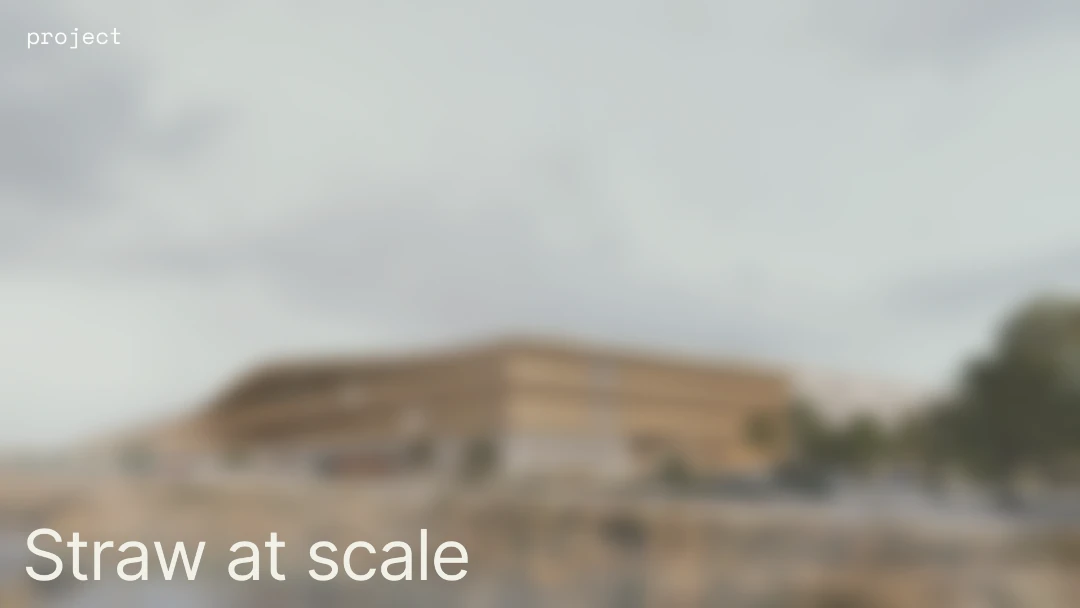
Bio
Frank Jensen is the third generation owner and chairman of family-owned company Søren Jensen Consulting Engineers. He is a creative engineer with a passion for sustainable leadership, continuously pushing boundaries within engineering and its surrounding ecosystem. In addition, he leads the investment company Søren Jensen Family Invest which is invested in GreenDozer, A:GAIN, Soletair Power, Hyphen and Home.Earth.
What drives you the most?
That is a deep fundamental question. What drives me is that I am unfortunately genetically engineered by my father and my mother, to have an ENTP profile — so I love rethinking what other people have done. Therefore I'm always inspired and looking for new ways and that's my constant. And the same goes for the people I work with; I constantly ask myself “how can I support what they do?”
As a leader, it's also very important that you build an organisation around you that supports this ongoing vision. There should not be a gap between your product, service and leadership, it should all be consistent and coherent. Authenticity is a big part of it.
So essentially, continual improvement is what really inspires me. It does not need to be big — like flying a rocket to the moon — but rather small things such as how we can do something slightly better today, compared to yesterday.
Having established a Regenerative Building Centre and constantly exploring what that might mean for the industry. What does regenerative sustainability mean to you, today?
It's a very good question. Internally, we've had this approach to sustainability and regenerative building since 2017. It's not a new word for us, but the urgency has since become a lot bigger.
We can see the graphs of allowable carbon emissions in the Danish legislation and the Reduction Roadmap, with clear limits. I am a firm believer in momentum, so while I see that there is a curve going towards zero, I know it's not just going to stop there. It's going to carry on… And then what does going below zero mean? What does it mean to have buildings which are negative in LCA?
Sustainability feels more like a destination, everyone is in a race to “reach a goal”. So when you get there, that is it. But regeneration opens a horizon for exploration. Regeneration means you should always strive to be better, and this can touch upon so many different parameters, it goes beyond something that is strictly measurable.
As you just mentioned, the core of your DNA is about bridging innovation and responsibility. How do you steer your clients in the right direction?
How is it to be married and having kids? How is it to have teenagers? (laughing) To be honest, I don't think this is any more difficult than other challenges we might face daily.
I recently read about the “pain cave,” which is all about how much pain you can take and the more you can take the bigger the cave gets, and so on — it becomes a mental state.
Just like in most situations, it's about having a conversation and finding ways to convince someone. As a consultancy our job is to give advice. Advice is built on trust. So, ultimately, it's about building trust. When a sufficient level of trust is established, you can inspire. And when you inspire people, you provoke change.
It's about listening, opening up and talking about what the challenges are and then working together with clients on solving them. Oftentimes there are quite philosophical questions, it's not just about the building projects.
When you look at the industry as a whole, what do you think gets in the way and why is the transition so complex?
Desire to change. Quite often I am met with statements like “legislation needs to come” and “the politicians need to wake up,” but the problem is I don't think there's a single politician who's an engineer… They did not write the codes.
As a sector, we made our own rules. And we might have made them in a way which was unintended and now we have difficulties in reversing out of this one-way street. We made some wrong choices and no one wants to admit it.
For me the challenge is really about if we, as an industry, have the courage to change or not.
Change always requires investment and not necessarily just money, but also time and attention and somebody willing to lean in. The biggest problem is that in this industry there are too many people who are leaning back. As I said, a lot of it is also about how to inspire change. We need to imagine our future concretely; what should a building look like? How is it financed? What are the benefits for the tenants and the other stakeholders? I think that is what we need to work on as an industry, coming up with new narratives and visualising a better place. We need to start moving towards that!
What is your opinion on the standardisation of LCA and Data?
It's good and bad at the same time. If we didn't all speak English, the world would be a lot more complicated. Harmonisation of everything is definitely needed, but we also need dialects and individual languages.
It is part of what brought us into a civilisation, “the standardisation” and “the containerisation” came with great benefits, but I'm not sure that it is a path that leads to Regeneration. Otherwise It's just a continuation of the same track we are already on. So I think we need to develop common languages, but we also need to have space for accents and localisation depending on the context.
How do we move towards more bio-based and innovative materials?
Bio-based and Innovative materials are not the same but there's an overlap. In my definition, a bio-based material means that the main component of the material is based on photosynthesis. Innovative materials can be chemically based, and I think in the future the solution will be something in between the two.
I believe that the real transition will come when we'll start running out of mineral materials. We already see changes happening due to the wars going on, but there will be shortages and we'll move towards pure bio-based as well as hybrid materials. It's really about becoming diligent on how we use our raw materials.
Legislation is of course another aspect of it all. And I think there is a whole different discussion on structural and fire regulations to be had. We're coming to a crossroads where we'll have to figure out whether we want to continue along the path we are on or steer in a completely different direction. There is another path where we will realise the importance of environmental, social and economic costs being in balance.
A slightly controversial thought is that there are very few buildings in Denmark that go up in flames or collapse — that's very good! But somehow when we step into a plane or a car, we tend to live with a far higher level of risk. And the only reason we have been able to design buildings at that level of safety is because there's been no cost to resources. So I think we might have to reevaluate these priorities.
Another provocative thought is this whole idea about whether we should just transform all buildings in Denmark. I think it's a completely ridiculous idea but everybody loves it. The fact that we should just keep old buildings and stop building new ones. We stole all the resources from around the globe, we have them already. So in my opinion, we need to knock down most of these old buildings, return most of the materials and then figure out how to build buildings again from much less material use.
Talking about imagining a new future and inspiring changes. How do you envision the industry in 2030?
In 2030 we'll all be in Barbados, sipping pina coladas. It'll be fantastic. We've just stopped building so we are all on an eternal vacation (laughing)... No, this will probably not be the case…
We will have new versions of the triple bottom line. Currently, we are focused on CO2, but I think there will be a number of other criterias popping up — raw materials, physical health, pollution and climate change resilience… There'll be more measures. It is already hugely complex today, so to be able to have more impact measures I think we need to simplify something else. My hope and my dream is that our processes will become simpler as well as the way we build — especially building with fewer resources.
And on another level, probably Humanity will be required to accept that we live in the illusion that we can control everything. It's like when you're sitting in the car, and the passenger seat can be four degrees warmer, or being able to only hear music sitting in the backseat. The world doesn't work like this… And I think we are living in an illusion that we can control much more than we actually can. We will reach the point where we have to accept that nature always wins in the end.
Do you have any advice for those who strive for making changes?
I think there are two lines of thoughts there which intertwine a little. If you go to work, we are looking for purpose in what we do. Then there is “mastering” and becoming better at what you do. And then you also have “autonomy” to make decisions to influence. And I think these pillars are a good way to question yourself; “What can I do in terms of sustainability?”
The other line is, how do you take personal agency with what you have? No matter what position you are in, you can always take agency. You can always decide to do something. The impact you have might of course be different but that's okay. Just because you are not the most powerful person in the world, it doesn't mean that you can just lean back and not take agency, in my opinion.
Another element is about being generous with the knowledge you have. It's something we try to do in our company. I know we also have to monetise it and sell it but the question can apply across many levels; How do we share resources? How can we share office spaces? How can we share roads? How can we share cars? In Denmark there is something as ridiculous as 13 parking spaces per car. Why? I think we can be much better at sharing stuff.
Lastly, it is about connectedness. Both how we connect with nature as well as with people.How do we seek connection with each other? Society has never been richer and it's never been more terrible. We have never had so many people ill, physically and mentally. And I think a lot of it has to do with us being extremely disconnected. You need to be there for other people, because they need you and you need them — you never know in which order or what time. So it's extremely important to be connected.
.png)
.png)
.png)




























